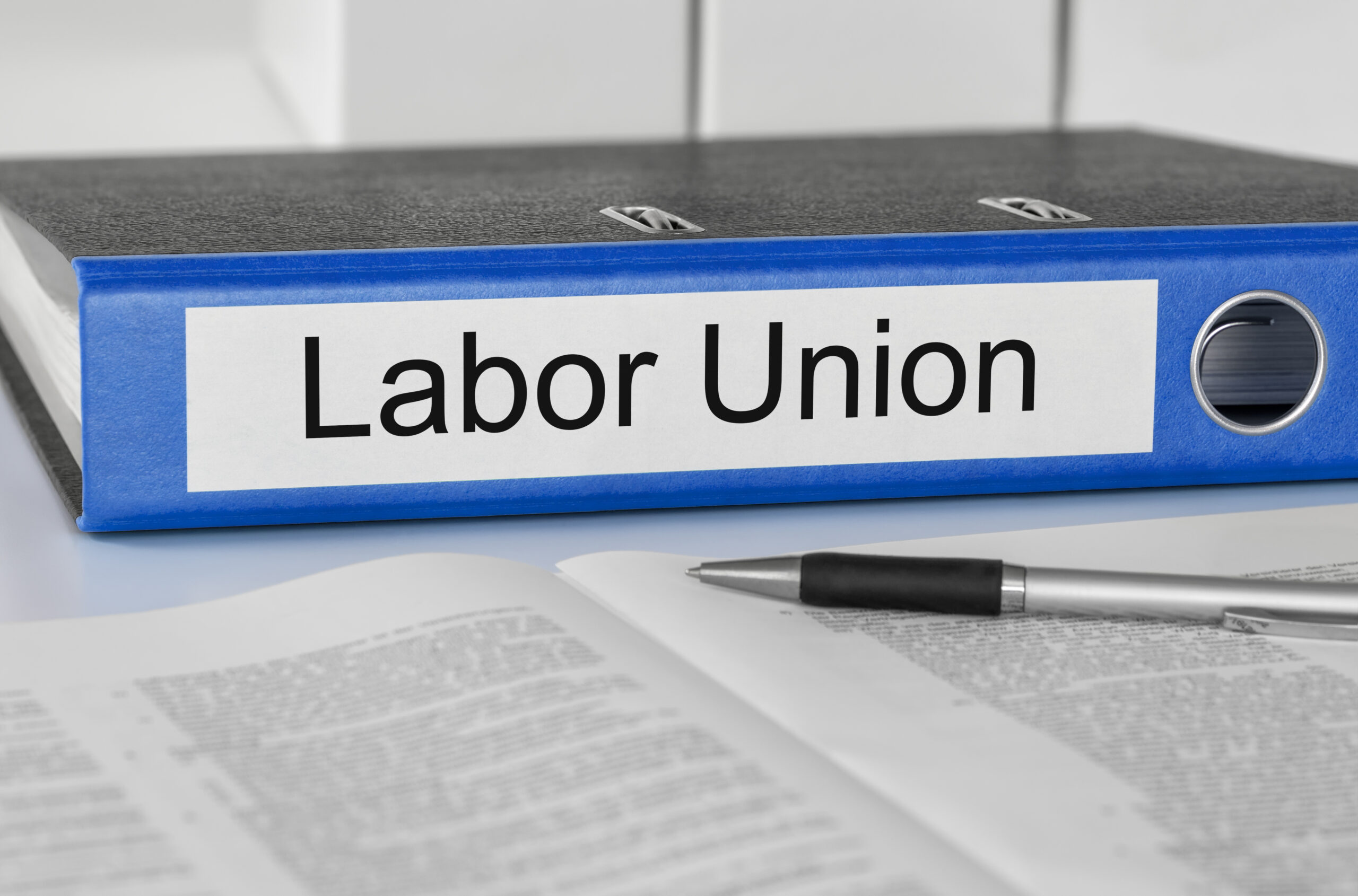The following is an excerpt from our Saturday email, which includes our musings on the latest developments impacting public employees, links to that week’s labor news, and a collection of whimsical reads for your weekend. If you’d like to receive our weekly email, you can use the sign-up form at the bottom of this page. We promise to respect your inbox, and we will never share your email address.
When we talk about unions, it’s essential to recognize the significant differences between those in the private sector and those in the public sector. These differences aren’t just technical—they shape how negotiations happen and their outcomes, impacting workers, employers, and the broader community.
In the private sector, unions and employers operate under a mutual understanding: if demands get too high, there’s a real risk that the company could go bankrupt. This risk ensures that both sides negotiate with more caution, striving for a balance that keeps the company afloat. In theory, the mutual need for financial survival should keep everyone in check.
Contrast this with the public sector, where unions negotiate with government entities. Here, bankruptcy isn’t on the table—governments can’t just go out of business. This lack of a financial breaking point means there’s less pressure on public sector unions to moderate their demands. Agreements are often more generous than what would be feasible in the private sector, and ultimately, taxpayers foot the bill.
Adding another layer of complexity, public sector unions have a unique dual role. Public sector employees are also voters who help elect their employers—politicians and government officials. This creates a potential conflict of interest where elected officials might be more inclined to agree to union demands to secure votes, leading to decisions that might not always be fiscally responsible.
Moreover, it’s important to consider the political influence of unions, particularly in the public sector. Public sector unions spend substantial amounts of money on political campaigns, predominantly supporting Democratic candidates. This financial support bolsters their political influence, further complicating negotiations and skewing policies in favor of union interests instead of all citizens.
What might seem like minor differences on the surface have profound implications for how unions operate and influence the broader landscape.
